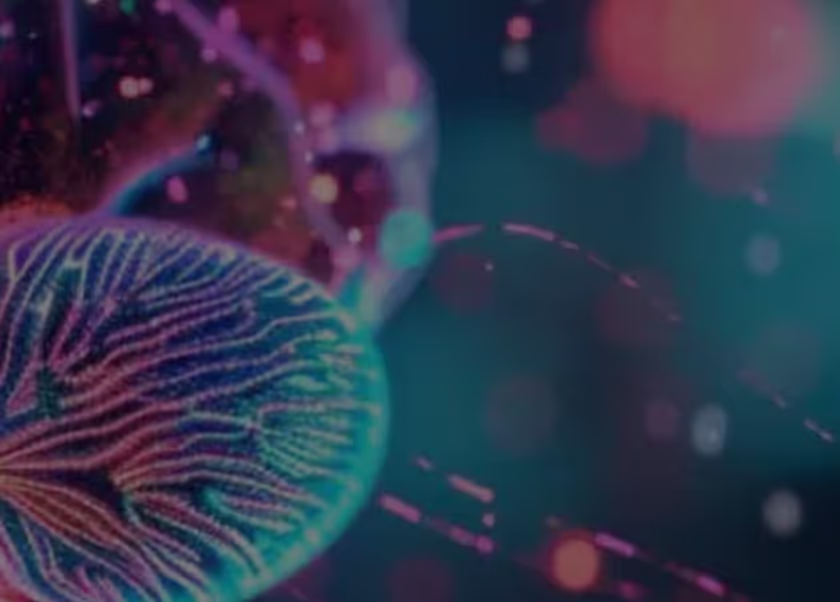
Deadline:
Researchers at the University of Geneva (UNIGE) and the Icahn School of Medicine in New York have discovered how the brain prioritizes immediate and distant goals. Their study found that the hippocampus processes urgent goals faster and differently than future goals.
This insight could help understand psychiatric disorders like depression, which affect goal-setting abilities. The findings reveal crucial differences in brain activity and behavior related to goal prioritization.
Key Facts:
- Hippocampus Activity: Immediate goals activate the posterior hippocampus, while future goals engage the anterior region.
- Reaction Times: Goals to be achieved immediately are recognized faster than distant ones.
- Implications for Disorders: Insights could aid understanding and treatment of psychiatric disorders like depression.

